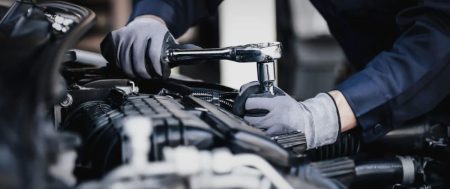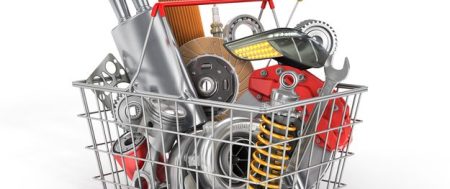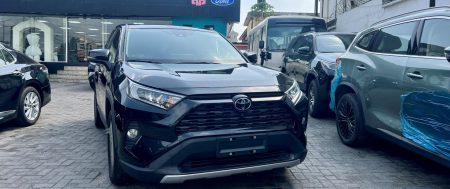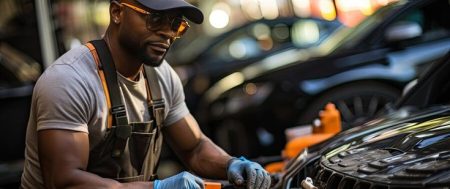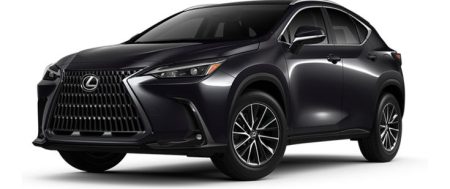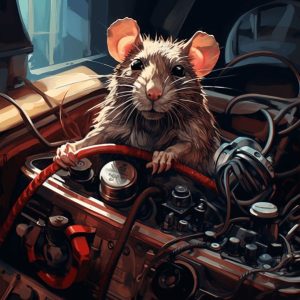
Why Rotating Your Parking Spot Could Save Your Car from Costly Rodent Damage
Many car owners underestimate how dangerous rodents can be to their vehicles. These tiny creatures love warm, quiet engine bays and can chew through electrical wires, hoses, and insulation, leading to costly repairs. But did you know that something as simple as changing where you park your car could drastically reduce the risk of rodent damage?
If you park in the same spot every day, you might be unknowingly inviting rodents to make that area their home. Let’s explore how rotating your parking spot can help protect your car and save you thousands in repairs.
1. Rodents Thrive in Familiar Environments
Rodents are creatures of habit, they build nests in familiar, undisturbed places. When your car stays parked in one spot for long periods, it becomes part of their territory. They get used to the environment, making it easier for them to access your car’s undercarriage or engine bay.
By switching parking spots regularly, you interrupt their routine and discourage them from nesting near your vehicle.
2. Reduces Scent Trails That Attract Rodents
Rodents rely heavily on scent to navigate. If they’ve been exploring around your car, they leave behind scent trails that attract other rats or mice. When you rotate your parking location, you break those scent trails, confusing potential intruders and making your car less appealing as a nesting spot.
3. Keeps Your Car Away from Hidden Food Sources
Many parking areas, especially near trash bins, gardens, or drainages, attract rodents because of available food. Parking in such spots consistently increases your car’s exposure.
Rotating where you park helps you avoid proximity to food sources, making it less likely for rodents to find their way into your car.
4. Improves Air Circulation Around the Vehicle
Some spots (especially closed garages or corners) trap moisture and heat, two things rodents love. Changing your parking location exposes your car to different airflow patterns and light conditions, helping to keep the space less inviting for rodents and preventing mold or rust buildup.
5. Encourages Regular Vehicle Movement and Inspection
When you rotate your parking spot, you’re more likely to move the car frequently and notice early signs of rodent activity, like droppings, chewed materials, or strange smells.
This simple routine helps you catch early warning signs and take preventive action before the damage gets worse.
Bonus Tips to Prevent Rodent Damage
-
Keep your engine bay clean: Dirt, food crumbs, or leaves attract rodents.
-
Use rodent repellents or ultrasonic devices around your parking area.
-
Seal gaps and holes in your garage or compound.
-
Avoid parking near trash or vegetation where rodents nest.
-
Inspect your car wiring regularly for bite marks or frayed cables.
Preventing rodent damage doesn’t always require complex solutions. Sometimes, it’s the simple habits, like rotating your parking spot, that make the biggest difference. By changing where you park, you disrupt rodent activity, protect your wiring system, and save yourself from costly repair bills.
Protect your investment. Move your car, save your car.

